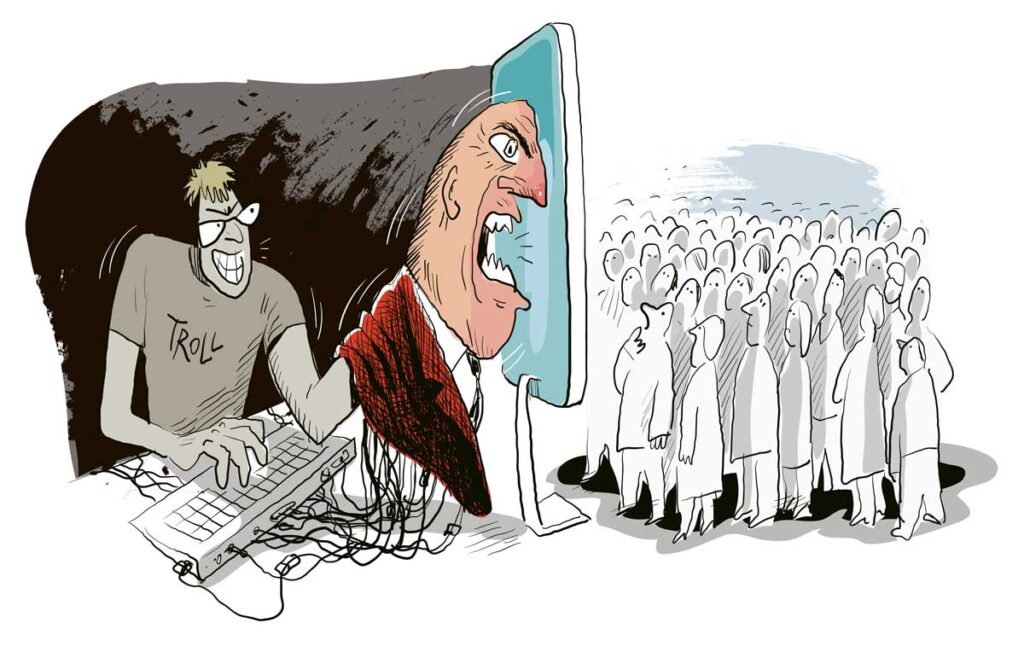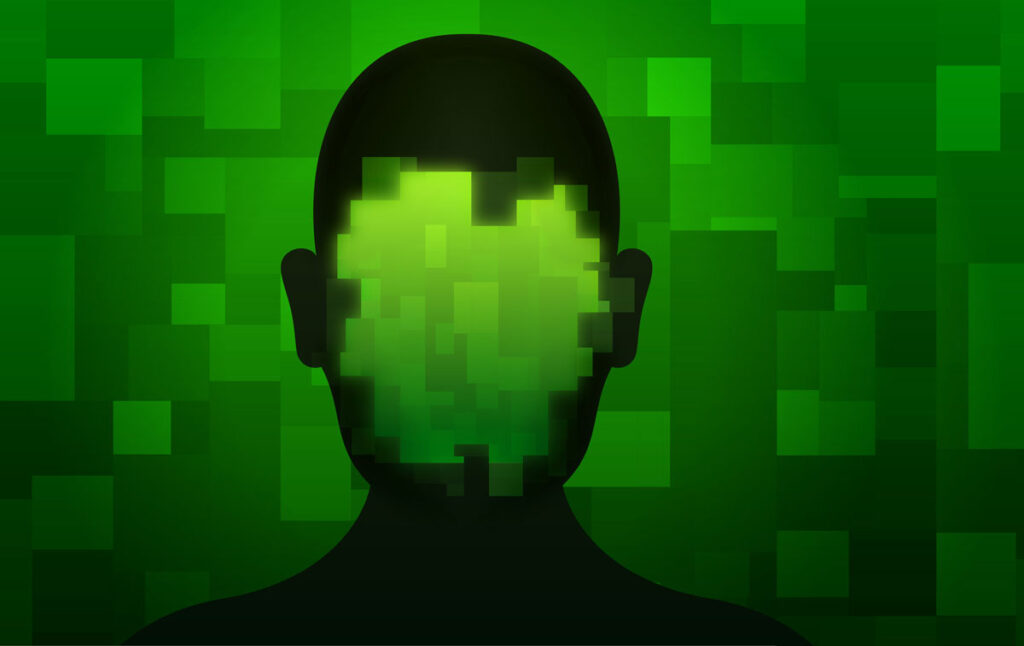The case for digital literacy
In our increasingly connected world, the rapid growth of artificial intelligence (AI) brings both promise and peril. While AI can drive innovation and societal progress, it also heightens the risks associated with disinformation. This is a global issue, but AI-fuelled disinformation can be particularly harmful in Africa, where trust in institutions is already tenuous. Given Africa’s complex historical context and delicate socio-political landscape, rebuilding trust in institutions is an urgent necessity.
AI can amplify disinformation in various ways, such as through automated bots, deepfakes, and complex algorithms, all of which can spread false information rapidly and convincingly. For example, during Nigeria’s 2019 elections, AI-driven bots spread misleading information, shaking public confidence in the electoral process. Similarly, deepfakes – hyper-realistic, manipulated videos that look and sound like real people – can spread false narratives about political figures, further straining political relationships and diminishing trust in leadership.
In countries and regions with histories of ethnic conflict or political instability, disinformation can intensify tensions and even incite violence. This was evident during Kenya’s 2007-2008 post-election period, when false information spread through social media and led to violence.
The African Digital Democracy Observatory (ADDO) reports that disinformation campaigns in Africa have surged almost fourfold since 2022, with 189 documented incidents since 2023. These campaigns destabilise societies, threaten democracy, and undermine trust in institutions. As Africa’s online population grows, the impact of these campaigns on social cohesion and political discourse becomes increasingly severe.

Institutional trust is essential for social cohesion and effective governance. Institutions provide the frameworks for society to function, and when trust in them is eroded, social order and progress are at risk. Many African nations have historically struggled with institutional trust due to colonial legacies, corruption, and governance issues. The 2022 Edelman Trust Barometer highlighted widespread distrust in leaders across Africa. In South Africa, for example, 82% of respondents believed their leaders deliberately misled them. This distrust, compounded by the rise of disinformation, further erodes institutional credibility.
In an article published by New African in January this year, Kenyan strategic communications specialist Gina Din-Kariuki argued that this trust deficit was pervasive, undermining confidence at all levels. She wrote that restoring institutional trust was crucial for harnessing the potential of Africa’s youth, who make up nearly 60% of the continent’s population. Din-Kariuki warned that without significant investment in education, healthcare, and employment, this demographic could become a source of social unrest.
As Din-Kariuki suggested, education is a key tool in combating disinformation. Digital literacy programmes can help citizens critically evaluate information and recognise falsehoods. Uganda, for example, has launched national digital literacy campaigns to educate the public about disinformation and credible sources. Similarly, South Africa has begun incorporating digital literacy into school curricula, including a State Information Technology Agency (SITA) project to roll out cyber labs to schools across the country, starting with the launch of the first one at a school in the Eastern Cape in July last year.
Organisations like Media Monitoring Africa (MMA) in South Africa conduct workshops to teach students to discern credible information. These programmes stress cross-referencing sources and understanding the motives behind different types of information. Technological solutions such as AI-driven fact-checking tools, blockchain technology for verifying news sources, and platforms like Africa Check and Dubawa also work to counter false information. Africa Check collaborates with local media to provide accurate information and debunk false claims, promoting accountability and transparency.
Ironically, AI can also be leveraged to efficiently identify and flag disinformation. Advanced machine learning algorithms can detect patterns in data that indicate false information, aiding fact-checkers in verifying content quickly.
Effective policy measures are essential to addressing disinformation. Governments must enact and enforce laws that deter the creation and spread of false information while protecting freedom of speech. Ghana’s cybersecurity laws and Ethiopia’s anti-hate speech law are examples of such efforts. These laws need to be implemented transparently to avoid misuse.
Regional cooperation is also vital. The African Union (AU) can foster collaboration among member states to develop unified strategies against disinformation. The AU’s African Peer Review Mechanism (APRM) can assess how effectively countries address disinformation and promote media literacy.
Civil society organisations and independent media are key players in combating disinformation and rebuilding trust. Groups like the Media Foundation for West Africa (MFWA) and the African Centre for Media Excellence (ACME) promote media freedom, journalistic integrity, and public access to accurate information. These groups often collaborate with international partners to train journalists, conduct media monitoring, and advocate for policy reforms.
Independent media outlets, despite facing significant challenges, continue to provide critical information to the public. For example, investigative journalism by outlets like The Daily Maverick in South Africa has exposed corruption and mismanagement, holding leaders accountable and fostering public trust in the media as a watchdog.
International support is crucial in the fight against disinformation in Africa. Multilateral organisations, donor agencies, and foreign governments can offer financial assistance, technical expertise, and capacity-building support. Programmes like the United States Agency for International Development’s (USAID) support for media development in Africa are essential in addressing the challenge of disinformation.
Moreover, global tech companies have a responsibility to address the spread of disinformation on their platforms. Initiatives like Facebook’s Third-Party Fact-Checking Programme, which partners with organisations like Africa Check, aim to reduce the spread of false information. However, these companies must continuously adapt their policies and technologies to keep pace with evolving disinformation tactics.
Rebuilding trust in African institutions in the age of AI and disinformation is a multifaceted challenge that requires a comprehensive approach. Education, technology, effective policy, and strong leadership are all necessary components of this effort. By investing in these areas, African countries can mitigate the impact of disinformation, restore faith in their institutions, and unlock the potential of their youth, paving the way for a resilient and prosperous future. The collaboration of governments, civil society, international partners, and the private sector is essential to creating an environment where accurate information thrives and trust in institutions is rebuilt.

Fatima Moolla
Fatima Moolla is a PhD research fellow at the University of the Witwatersrand and the Wits Institute for Social and Economic Research. She has an academic background in International Relations and African Literature and holds a Master's degree in Development Studies. Her research focuses on biometric identification and digital public goods, particularly within the African continent, with a vision to advance equitable and sustainable development practices.



